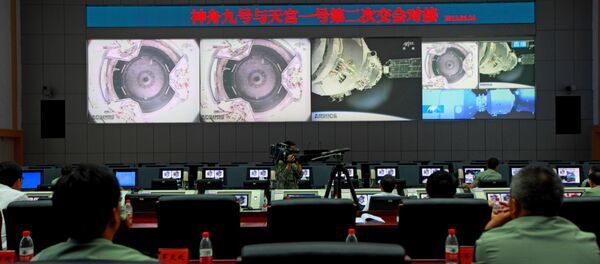The Tiangong-1 will plummet back to the planet between March 30 and April 6, according to scientists. The Aerospace Corporation, a US-based research firm that advises governments and private companies on space flight, predicts the spacecraft is most likely to make impact on April 4 somewhere in the area between 43 degrees latitude north and 43 degrees latitude south.
A report from the China National Space Administration in 2016 revealed that the Tiangong-1 would be unable to perform a controlled reentry.
Luckily, most of the satellite will burn up during its descent, but pieces as large as 220 pounds could still rain down at exceptionally high speeds. The space station reportedly contains a toxic rocket fuel component called hydrazine that could be harmful to those watching pieces of the satellite plummet down from the sky.
"There is a chance that a small amount of Tiangong-1 debris may survive reentry and impact the ground," reported the Aerospace Corporation earlier this month. "Should this happen, any surviving debris would fall within a region that is a few hundred kilometers in size and centered along a point on the Earth that the station passes over."
"When considering the worst-case location… the probability that a specific person (i.e., you) will be struck by Tiangong-1 debris is about 1 million times smaller than the odds of winning the Powerball jackpot," the organization has said.



